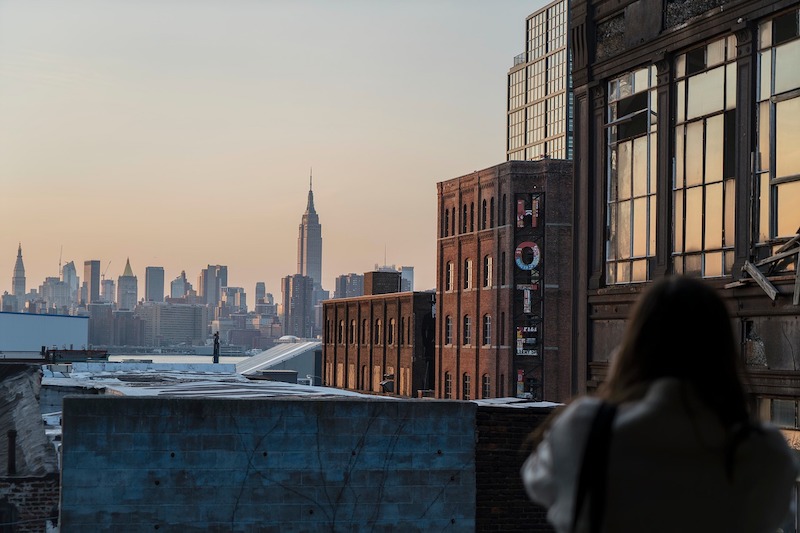In its fall report, buoyed by a steady consumer-driven economy, analysts at Lodging Econometrics (LE) reported that the total U.S. construction pipeline stood at 5,704 projects/700,496 rooms, up 6% by projects and 8% by rooms year-over-year (YOY). Pipeline totals continue to climb closer to the all-time high of 5,883 projects/785,547 rooms reached in the second quarter of 2008, and are just 179 projects shy.
In its eighth consecutive quarter of growth, projects currently under construction stand at 1,729 projects/235,278 rooms, the highest count recorded since the second quarter of 2008. Projects scheduled to start construction in the next 12 months, currently 44% of all pipeline projects, was 2,479 projects/286,125 rooms, very close to the all-time high set in 2009. It’s up a whopping 16% in projects and 13% in rooms, YOY. Projects in the early planning stage stand at 1,496 projects/179,093 rooms.
But as a result of declines in commercial investment brought about by the indecision caused by the global slowdown and the prolonged tariff imbroglio, this is the second quarter in a row where construction starts have declined, an indicator that pipelines growth may top out in late 2020/2021.
Through the end of the third quarter, 704 new hotels with 81,111 rooms opened across the U.S. with another 299 projects/33,059 rooms expected to open by year-end. New hotel openings in the LE forecast for 2020 stand at 1,112 new hotels/122,702 rooms followed by 1,126 new hotels/130,447 rooms scheduled to open in 2021.
This quarter is the first time this cycle where supply growth at 2% has risen and drawn even with demand growth which has fallen to 2%. In 2019, 16 of the top 25 markets show occupancy declines YOY while 11 markets show RevPAR declines.
Related Stories
Codes and Standards | Sep 22, 2021
Group proposes Carbon Use Intensity metric for new buildings
Plan would track embedded carbon on projects.
Codes and Standards | Sep 22, 2021
Illinois’s sweeping climate bill includes statewide stretch code, building electrification measures
Aims for zero-emissions power sector by 2045.
Codes and Standards | Sep 22, 2021
Cities need to step up flood mitigation efforts to save lives
Recent storms highlight climate change dangers.
Codes and Standards | Sep 21, 2021
Steps to improve ventilation for Covid can combat colds and flu
New look at airborne disease spread shows time viruses linger in air may have been underestimated.
Codes and Standards | Sep 15, 2021
USGBC will change leaders, conduct strategic review
Aims to ensure organization is ‘well positioned to scale its work in the post-pandemic world’.
Codes and Standards | Sep 15, 2021
LEED-certified offices earn higher rents than non-sustainable properties
Are also more resilient to dips in real estate market.
Codes and Standards | Sep 7, 2021
Boston turns to developer fees to fund flood protection infrastructure
Assessments on commercial properties will help build seawall and other protective measures.
Codes and Standards | Sep 3, 2021
Low-cost methods can have substantial impact on reducing embodied carbon
Whole-building design, material substitution, and specification strategies can slash carbon by up to 46%.
Codes and Standards | Sep 2, 2021
Case for power resiliency in buildings grows with more disaster and outages
Essential businesses like data centers, hospitals are first adopters of new storage systems.
Codes and Standards | Aug 31, 2021
UK industry group wants mandatory whole-life carbon assessments of buildings
Aims to address hidden emissions embedded in supply chains.

















